Frequently Asked Questions
1) What is “death education”?
Death education gives people language, tools, and confidence to talk about death, dying, and grief. It’s practical, compassionate learning that helps communities support themselves and others before, during, and after loss.
2) Is Taboo Education religious?
No. We’re not affiliated with any religion. We respect all faiths and cultural traditions and adapt language and examples accordingly. We focus on death, grief, communication, care, and practical supports—not doctrines about the afterlife.
3) Who are your sessions for?
Everyone. We work with individuals and families, schools and universities, health and aged-care teams, community groups, workplaces, and faith/cultural organisations. If people gather and care for each other, we can help.
4) What does Taboo Education do?
We deliver talks, workshops, and resources that make hard conversations easier—building confidence, shared language, and practical skills around death, dying, and grief in everyday settings.
5) How are sessions delivered and tailored?
In person across Australia (travel by arrangement) and online. Content is tailored to your goals, audience, and context—age-appropriate, trauma-aware, and aligned with your policies or protocols where needed.
6) How do you keep sessions safe and trauma-aware?
Clear content notes, opt-in invitations, “step-out/step-back” options, reflective pacing, and support pathways. We follow child-safety and mandatory-reporting obligations and can coordinate with your wellbeing or HR teams.
7) What topics do you cover?
What to say (and not say) after a loss; supporting a grieving student, colleague, patient, or family; school/community response when someone dies; rituals, remembrance, and meaning-making; death literacy basics; planning and communication for adults; boundaries, self-care, and team culture for helpers.
8) What outcomes can we expect?
More confidence talking about death, dying, and grief; shared language and simple frameworks for tough conversations; practical tools to support people with care and clarity; clear next steps—resource lists, guides, and referral options.
9) What if our community has had a recent loss?
Tell us (confidentially). We can adjust tone and timing, brief staff first, and offer staged support. If it’s too immediate, we can recommend an interim approach with resources and gentle check-ins.
10) Do you offer one-to-one guidance or crisis help?
We offer virtual 1-hour educational consultations for individuals/families who want guidance and next steps (not therapy). If you need urgent help in Australia, call 000. For crisis support: Lifeline 13 11 14 or Beyond Blue 1300 22 4636. We also provide a post-session resource list.
Book or ask a question: admin@tabooeducation.com · tabooeducation.com
Delivery: In person (travel by arrangement) & online.
